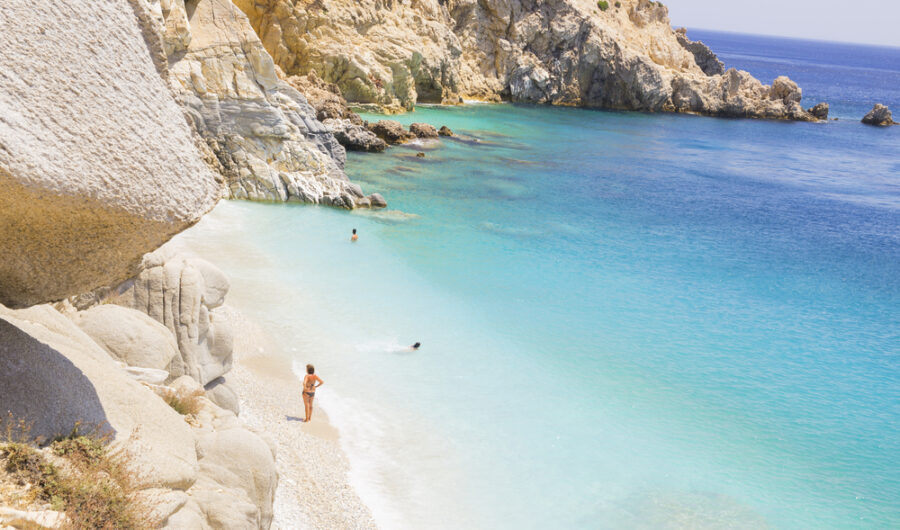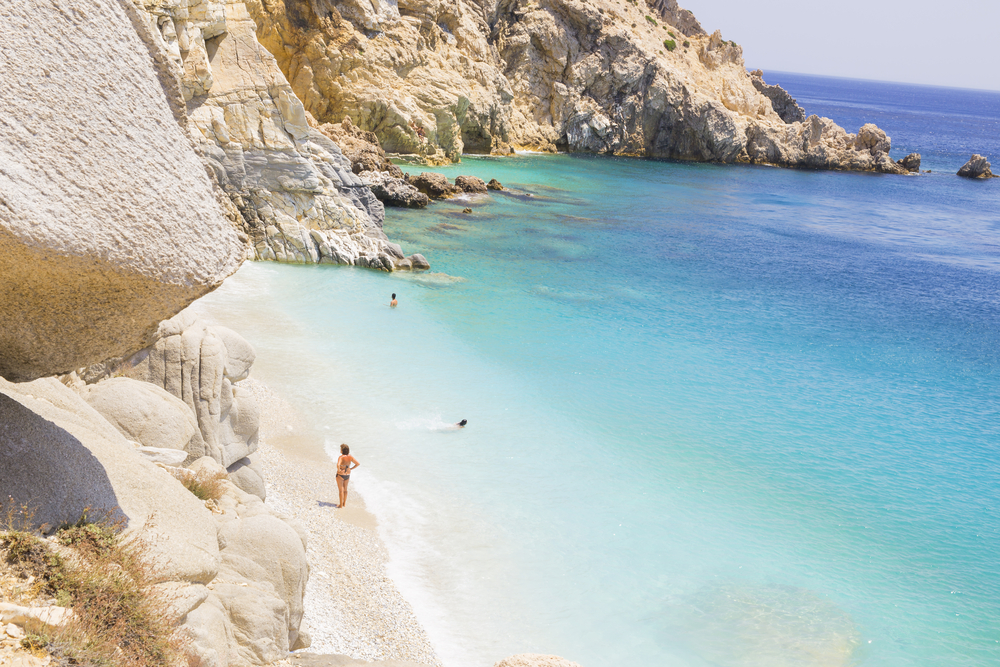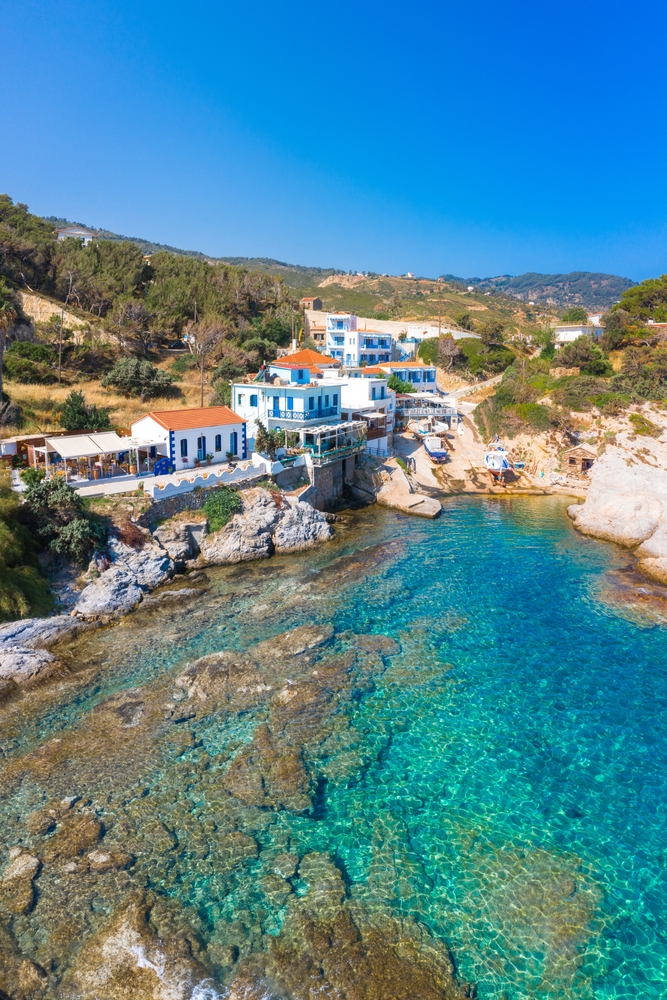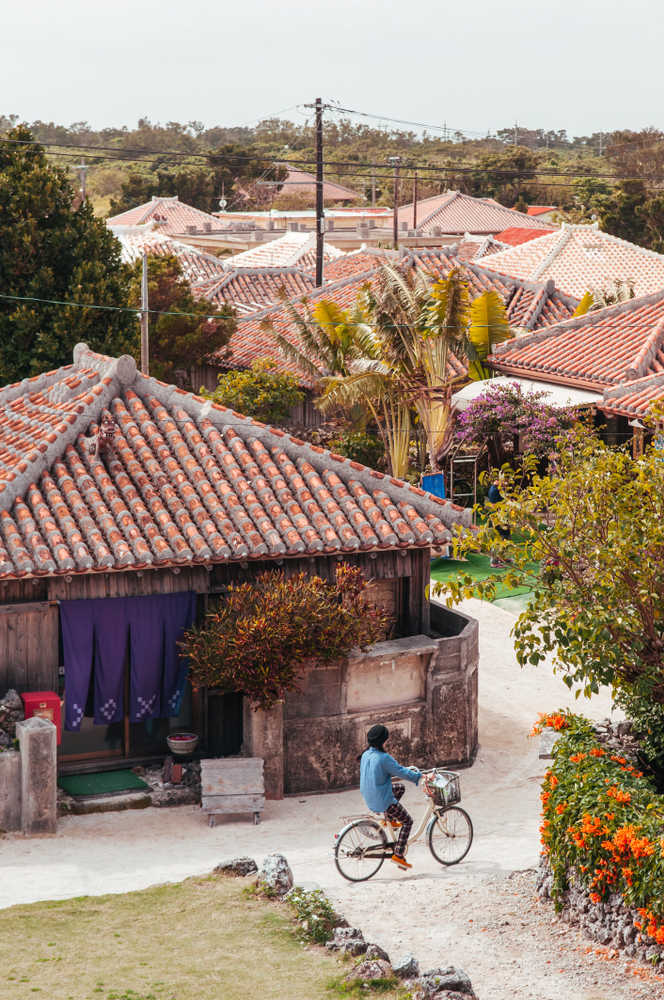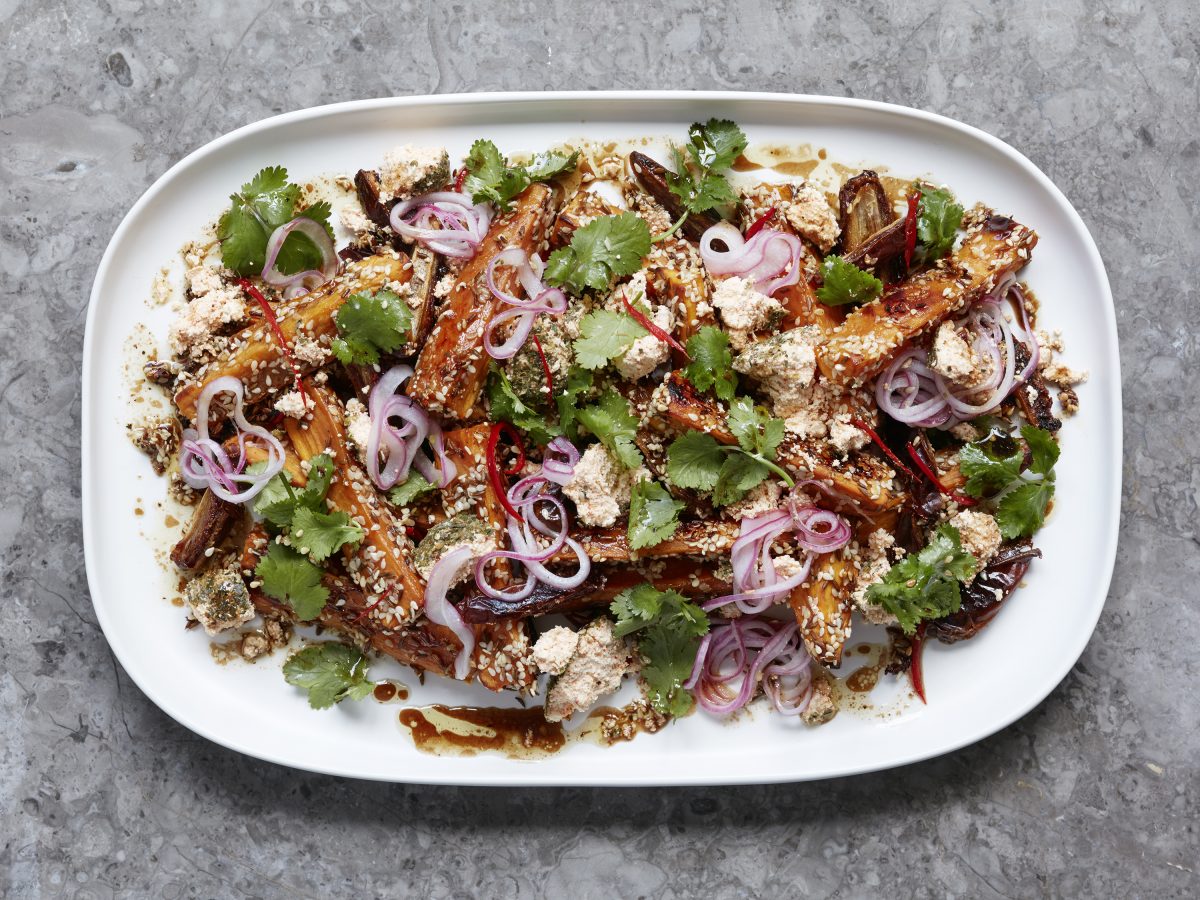In our quest for a longer, healthier life, the secrets to longevity often seems elusive. But what if there were places on Earth where people consistently lived longer, healthier lives, and these regions held valuable insights into the art of ageing better? Enter the “Blue Zones.” Coined by National Geographic Fellow Dan Buettner, the term refers to five distinct regions worldwide, including Okinawa, Japan; Sardinia, Italy; Nicoya, Costa Rica; Ikaria, Greece; and the Seventh-day Adventist community in Loma Linda, California. In these remarkable places, people are more likely to reach 100 years of age than anywhere else, offering profound lessons on the lifestyles and habits that contribute to longevity. Below, we’ll delve into the 10 key takeaways from the Blue Zones lifestyle.
Emphasis on Plant-Based Diets
One commonality among Blue Zones is a predominantly plant-based diet. These centenarians consume a variety of vegetables, fruits, legumes, and whole grains. Their diets are rich in antioxidants, fibre, and essential nutrients, which may contribute to reduced risk factors for chronic diseases. Okinawan’s in particular eat purple sweet potato in abundance and hail it to be their superfood of choice!
Daily Physical Activity
Regular physical activity is a non-negotiable component of life in Blue Zones. Rather than structured workouts, residents engage in natural movement, such as walking, gardening, and manual labour. In Ikaria in Greece, the mountain landscape naturally means residents get a lot of incline walking each day which Dan recognised as a huge contributor to the locals’ overall health. Consistent, low-intensity exercise helps keep their bodies strong and mobile throughout life.
Strong Social Connections
Social bonds are a cornerstone of life in the Blue Zones. Centenarians often live in tight-knit communities where they maintain deep, enduring relationships with family and friends. Social support contributes to lower stress levels and overall well-being.
Stress Reduction
Speaking of stress, Blue Zone inhabitants have developed effective ways to manage it. Whether through meditation, relaxation practices, or daily rituals, they prioritize stress reduction, which can reduce the risk of chronic diseases and promote longevity.
Moderate Alcohol Consumption
Moderation is key when it comes to alcohol in Blue Zones. Many centenarians enjoy a glass of wine or other alcoholic beverages in a social setting. These habits, along with the positive effects of resveratrol found in wine, may contribute to their longevity.
Strong Sense of Purpose
A sense of purpose is a driving force in the lives of Blue Zone residents. They often have a strong connection to their communities and feel valued through their contributions, be it through work, family, or other activities. A purposeful life can add years to your life expectancy… in Okinawa, they call it your “Ikgagi” and this really sits at the heart of the centenarian’s life ethos there.
Minimal Processed Foods
Blue Zone diets are notably low in processed foods and sugar. Instead, they rely on locally sourced, whole foods that are packed with essential nutrients. This dietary choice reduces the risk of obesity and related health problems. In Sardinia, you’ll often see “Nonnas” making bread from scratch with the simplest of ingredients. You wouldn’t think of bread as a health food necessarily, however what’s important to note is how unrefined and unprocessed their ingredients are when compared to the preservative-heavy “breads” you find in your local supermarket. They are almost incomparable to eachother.
Limited Meat Consumption
Meat is not a primary protein source in Blue Zones. Instead, residents consume smaller portions of lean, quality meats, if at all. A predominantly plant-based diet with occasional meat consumption has been associated with lower rates of heart disease and cancer.
Daily Naps
Many centenarians in Blue Zones take regular naps and this was particularly observed in Ikaria. These short breaks during the day can help reduce stress, improve cognitive function, and contribute to overall vitality. Quality sleep and rest are vital components of their longevity strategy.
Strong Community Engagement
Participation in community and family life is a common thread in Blue Zones. Whether it’s helping with childcare, volunteering, or participating in cultural activities, staying engaged in the community keeps individuals mentally and emotionally stimulated, fostering a vibrant, fulfilling life.
The Blue Zones offer a glimpse into the secrets of longevity that have eluded many of us in the modern world. Their lifestyles emphasize simplicity, balance, and a deep connection to both nature and community. By adopting these 10 key takeaways from the Blue Zones lifestyle—such as prioritizing plant-based diets, daily physical activity, and strong social bonds—we can take significant steps toward leading longer, healthier lives. The lessons from these remarkable regions remind us that the path to longevity may be simpler than we think, rooted in timeless practices that prioritize well-being and fulfilment.
READ MORE: Spiced-Roasted Sweet Potato

